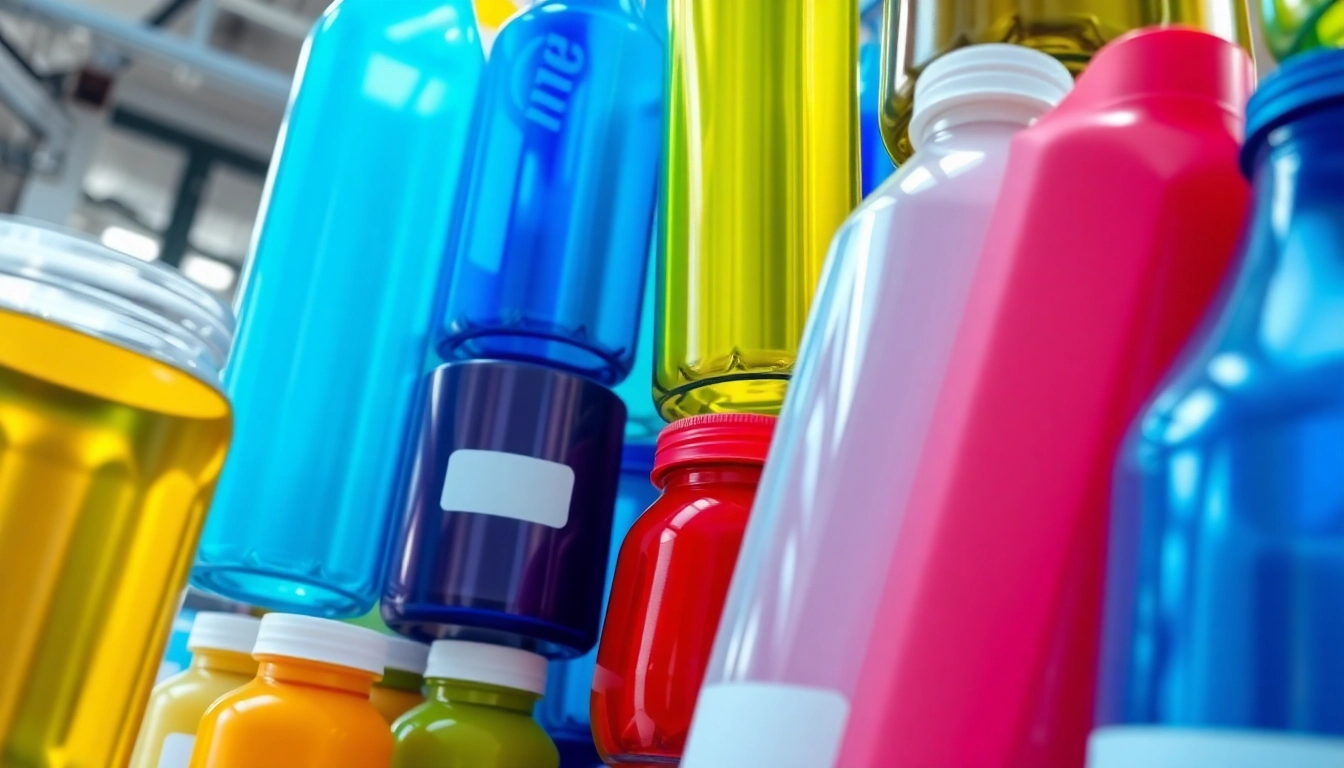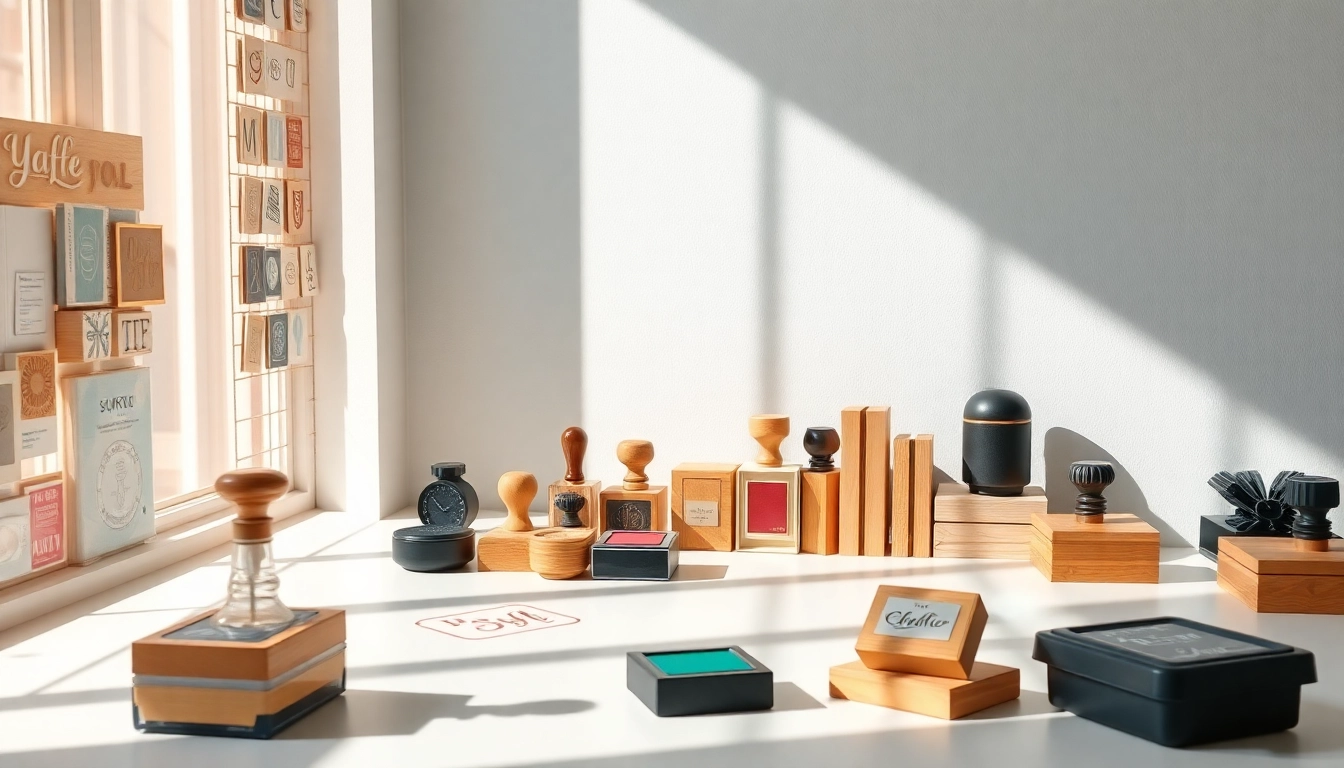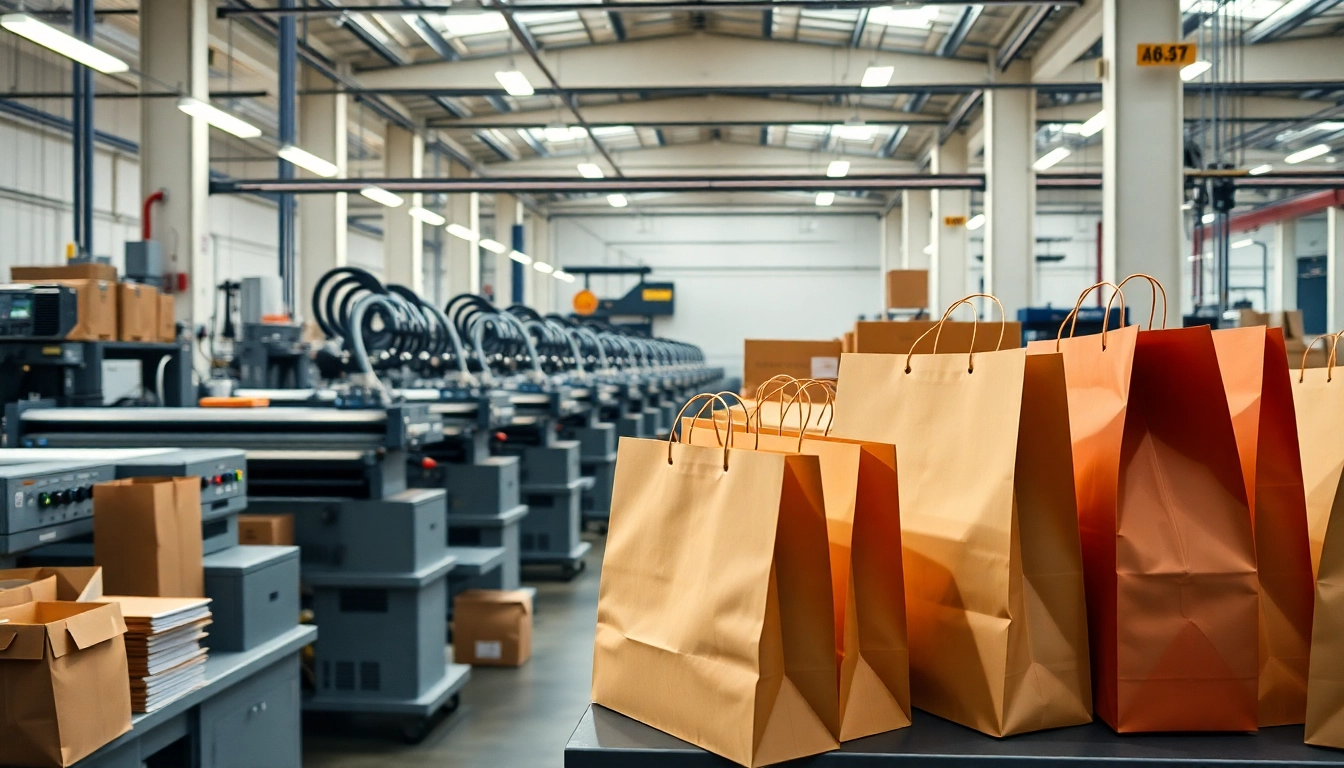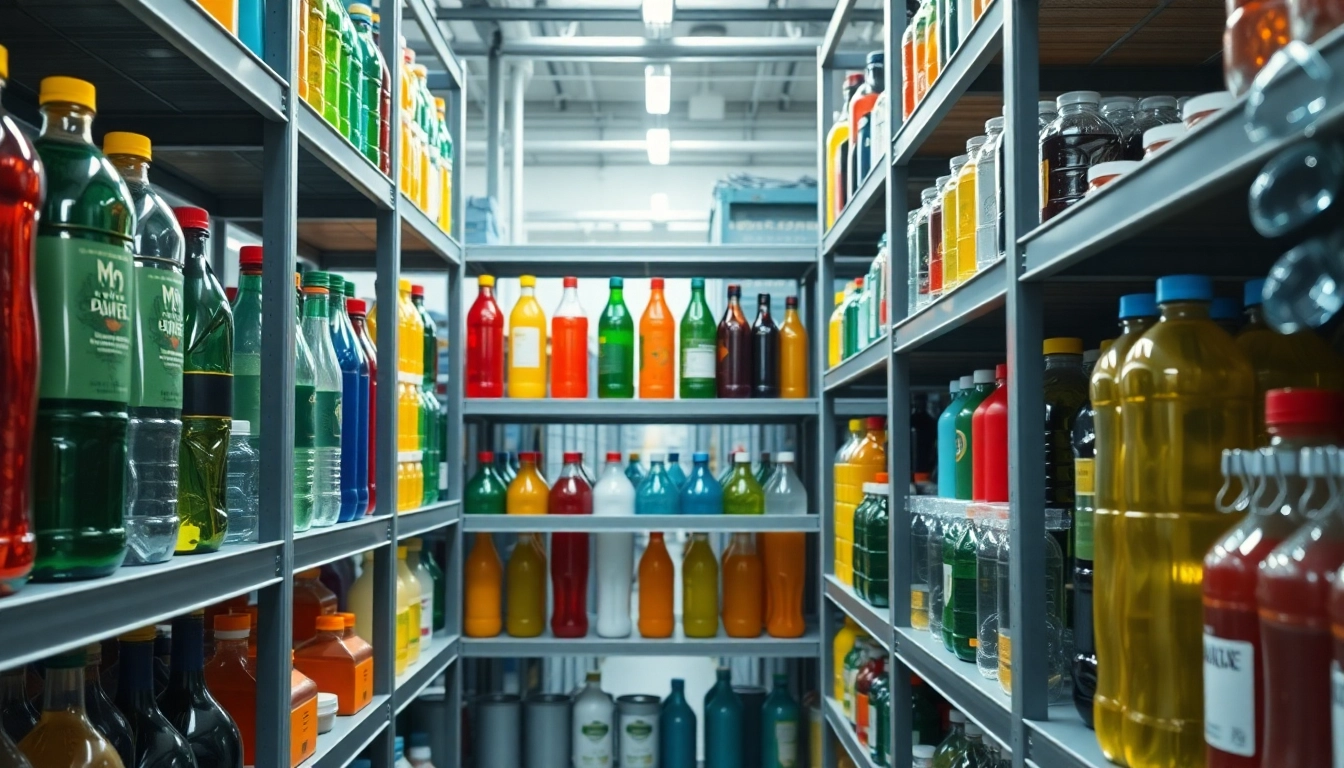Introduction to Plastic Şişe: Types and Uses
Plastic şişe (bottle) is an integral component of modern packaging, widely used across numerous industries for its versatility, lightweight nature, and cost-effectiveness. From beverage containers to pharmaceutical packaging, plastic şişe have revolutionized how products are stored, transported, and consumed. Their widespread adoption is driven by their durability, ease of manufacturing, and ability to be customized in various shapes and sizes. When considering high-quality packaging solutions, understanding the different types and their applications is crucial. For a comprehensive overview of plastic packaging options, including plastic şişe, explore our extensive plastik şişe selection tailored for diverse needs.
Different Types of Plastic Şişe
Rigid Plastic Bottles
Rigid plastic şişe, often made from high-density polyethylene (HDPE) or polyethylene terephthalate (PET), are known for their strength and resistance to impact. They are ideal for beverages, cleaning products, and certain chemicals. Their durability ensures minimal leakage or breakage during transportation and handling, making them a preferred choice for both industrial and consumer applications.
Flexible or Squeezable Bottles
Designed with flexibility in mind, these bottles are typically made from softer plastics like PE or LDPE. They are popular for products such as sports drinks, personal care items, and squeezable condiment bottles. Their ergonomic design allows consumers to control dispensing easily, enhancing user experience.
Specialized Plastic Şişe
Some plastic şişe are manufactured with specific features such as UV protection, child safety caps, or multi-layered structures for enhanced barrier properties. These are particularly relevant in the pharmaceutical, cosmetic, and food industries, where product stability and safety are paramount.
Common Uses in Various Industries
Beverage Industry
The beverage sector heavily relies on PET plastic şişe for bottled water, soft drinks, and juices. Their lightweight and shatterproof characteristics contribute significantly to logistics efficiency. Additionally, innovative designs and branding opportunities make them essential marketing tools.
Pharmaceutical and Cosmetic Industry
In pharmaceuticals and cosmetics, plastic şişe serve as containers for lotions, shampoos, and medicines. Their ability to provide airtight seals and conform to various bottle shapes ensures product preservation and convenience.
Food Industry
Food packaging utilizes plastic şişe primarily for oils, syrups, and condiments, benefitting from ease of use and superior protection against contamination. The variety of caps and dispensing mechanisms facilitate consumer-friendly applications.
Chemical and Agricultural Sectors
Durable plastic şişe are suitable for chemicals, fertilizers, and pesticides, offering resistance to corrosion and chemical interactions. Their robustness ensures safety during handling and storage.
Benefits of Choosing the Right Plastic Şişe
Selecting the appropriate plastic şişe provides multi-faceted benefits. It enhances product protection, supports branding efforts, and minimizes environmental impact through recyclability. Proper choice based on product nature, usage, and sustainability goals can also lead to cost savings, improved consumer perception, and regulatory compliance.
Design and Manufacturing of Plastic Şişe
Material Selection and Sustainability
Material determination is central to quality and environmental sustainability. PET is favored for clarity and recyclability, while HDPE is chosen for chemical resistance and durability. Advances in biodegradable and bio-based plastics are transforming manufacturing paradigms, enabling eco-conscious production aligned with global sustainability initiatives.
Innovative Design Trends
Current design innovations include lightweighting techniques, ergonomic shapes, and branding-enhancing textures. Custom cap designs, decorative labels, and transparent or opaque finishes help brands stand out while optimizing functionality. The integration of tamper-evident and child-proof features also aligns with safety regulations.
Manufacturing Processes for Durability
Blow molding is the predominant process for manufacturing plastic şişe, enabling high-volume production with precision and consistency. Extrusion blow molding and injection stretch blow molding are employed depending on the desired shape, thickness, and performance characteristics. Advanced automation and quality control techniques ensure durability, safety, and compliance.
Recycling and Environmental Impact of Plastic Şişe
Recycling Codes and Proper Disposal
Recognition of recycling codes (such as PET’s code 1) on plastic şişe facilitates proper waste sorting and recycling. Ensuring correct disposal reduces landfill accumulation and promotes material reuse. Public awareness campaigns and proper infrastructure are vital to maximize recycling rates.
Reducing Plastic Waste through Reuse
Reuse initiatives, such as refillable water bottles and bulk purchasing, can minimize single-use plastic şişe waste. Consumer education on reuse practices and brand participation in deposit-return schemes significantly contribute to waste reduction.
Innovations in Eco-Friendly Packaging
Developments include biodegradable plastics, plant-based bioplastics, and innovative designs for easy recycling. Companies are investing in research to produce lighter, more sustainable bottles, reducing carbon footprint and environmental impact.
Market Trends and Consumer Preferences
Growing Demand for Recyclable Plastic Şişe
Consumer awareness initiatives and stricter regulations have catalyzed demand for environmentally friendly packaging. Brands that adopt recyclable plastic şişe are perceived as responsible, boosting customer loyalty and aligning with global sustainability goals.
Customer Satisfaction and Sustainability
Clear communication on eco-friendly practices enhances consumer trust. Innovations such as lightweight bottles, biodegradable plastics, and refillable options meet consumer expectations for sustainability without compromising product quality.
Future Opportunities in Plastic Packaging
The future of plastic şişe lies in integrating smart technology (e.g., QR codes for product traceability), developing biodegradable materials, and expanding circular economy models. Companies that invest in eco-innovations will be best positioned to capitalize on emerging market opportunities.
Tips for Choosing and Using Plastic Şişe Effectively
Best Practices for Loading and Storage
For optimal performance, bottles should be filled within recommended temperature ranges, avoiding overfilling or underfilling. Proper storage in cool, dry environments prevents deformation and extends shelf life. Ensuring caps are tightly sealed retains product freshness and prevents leaks.
Ensuring Safety and Compliance
Compliance with local regulations, including specific standards for food contact materials, is essential. Using bottles with verified safety certifications and adhering to label instructions mitigate health risks and legal liabilities.
Cost Optimization and Bulk Purchasing
Purchasing in bulk reduces costs per unit and supports inventory management. Collaborating with trusted suppliers ensures consistent quality, timely delivery, and access to the latest innovations in plastic şişe technology.



